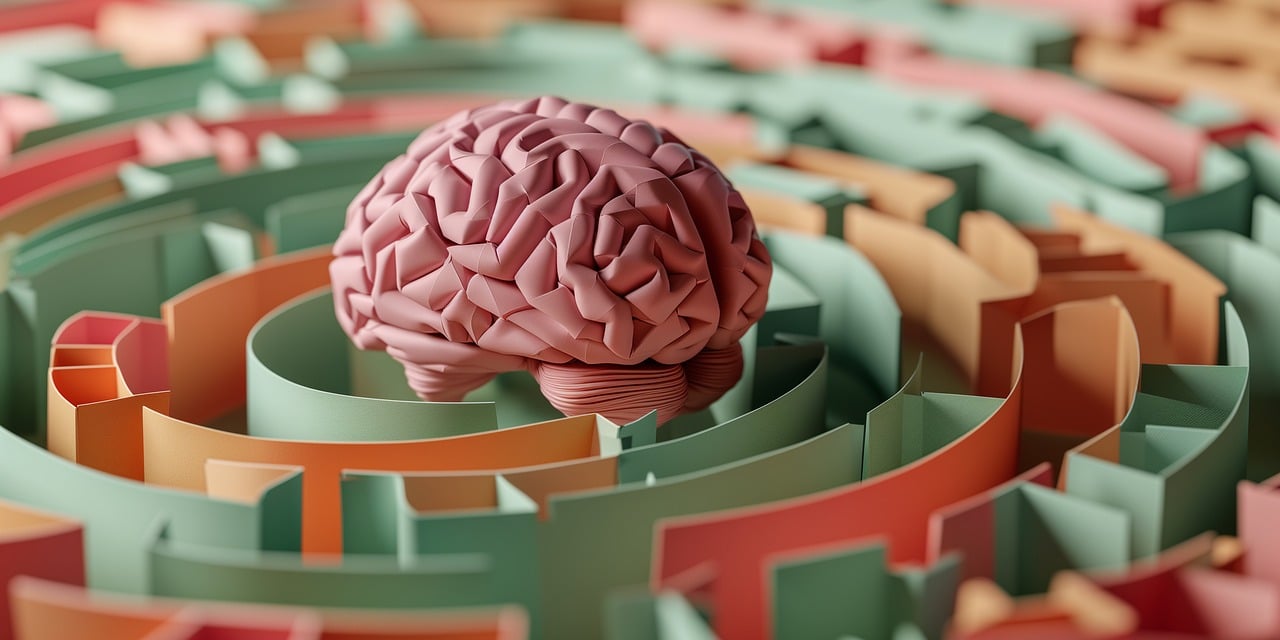Exploring Bipolar Disorder

Bipolar Disorder
Bipolar disorder is a complex mental health condition that affects millions of people worldwide. It's a topic often shrouded in mystery and misunderstanding. In this article, we'll dive into various aspects of bipolar disorder, offering insights, personal stories, and helpful tips. Whether you're newly diagnosed, know someone with bipolar disorder, or are just curious, we hope you find this information valuable.
Understanding Bipolar Disorder
Definition and Types
Bipolar disorder, previously known as manic-depressive illness, is a mental health condition characterized by extreme mood swings. These swings include emotional highs (mania or hypomania) and lows (depression). There are three main types of bipolar disorder:
- Bipolar I Disorder: This type involves manic episodes that last at least seven days or are so severe that immediate hospital care is needed. Depressive episodes occur as well, typically lasting at least two weeks.
- Bipolar II Disorder: Defined by a pattern of depressive episodes and hypomanic episodes, but not the full-blown manic episodes typical of Bipolar I.
- Cyclothymic Disorder (Cyclothymia): Periods of hypomanic symptoms and periods of depressive symptoms lasting for at least two years (one year in children and adolescents), but the symptoms do not meet the diagnostic requirements for a hypomanic episode and a depressive episode.
Symptoms and Diagnosis
The symptoms of bipolar disorder can be severe and can result in damaged relationships, poor job or school performance, and even suicide. Here are some of the common symptoms:
- Manic Episode Symptoms:
- Depressive Episode Symptoms:
Diagnosis usually involves a thorough psychiatric evaluation, medical history, mood charting, and sometimes physical examinations to rule out other causes for mood swings.
Personal Experiences and Narratives
Living with Bipolar Disorder
One of the most powerful ways to understand bipolar disorder is through the voices of those who live with it. Here's a story from Jane, who was diagnosed with Bipolar II at 28:
"I remember the day I was diagnosed like it was yesterday. I felt a mix of relief and fear. Relief because finally, there was a name for what I was experiencing, and fear because I didn't know what the future held. Managing my mood swings has been a rollercoaster, but with the right support system, I'm able to navigate my life better. My family has been incredibly supportive, and I've found solace in joining support groups where I can share my journey and listen to others."
Helpful Topics.
Managing bipolar disorder often requires a combination of strategies. Here are some that have helped many individuals:
- Routine: Maintaining a regular daily routine can help stabilize mood swings.
- Medication: It's crucial to take prescribed medications consistently. Skipping doses can trigger episodes.
- Therapy: Regular therapy sessions provide a safe space to discuss feelings and develop coping mechanisms.
- Support Networks: Having friends, family, or support groups to talk to can make a huge difference.
- Self-care: Activities like yoga, meditation, and hobbies can help manage stress and improve overall well-being.
Therapy can be incredibly beneficial. Different types of therapy include:
- Cognitive Behavioral Therapy (CBT): Helps individuals understand and change negative thought patterns.
- Interpersonal and Social Rhythm Therapy (IPSRT): Focuses on stabilizing daily rhythms and routines.
- Psychoeducation: Educates individuals about their condition and treatment options.
Family and Friends
Bipolar disorder doesn't just affect the individual; it impacts their loved ones too. Open communication is key. Here are some tips for family and friends:
- Educate Yourself: Understanding the disorder can help you provide better support.
- Be Patient: Mood swings can be challenging, but patience and understanding go a long way.
- Offer Support: Simple gestures like listening or offering a helping hand can make a big difference.
Romantic Relationships
Maintaining a romantic relationship can be particularly challenging, but it's certainly possible with effort and understanding. Here are some strategies:
- Open Communication: Regularly discussing feelings and concerns helps both partners understand each other better.
- Counseling: Couples therapy can be a great way to navigate relationship challenges.
- Boundaries: Setting and respecting boundaries is crucial for a healthy relationship.
